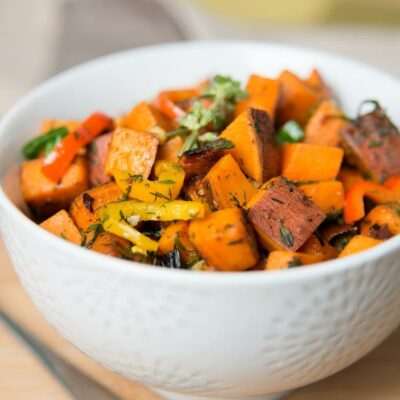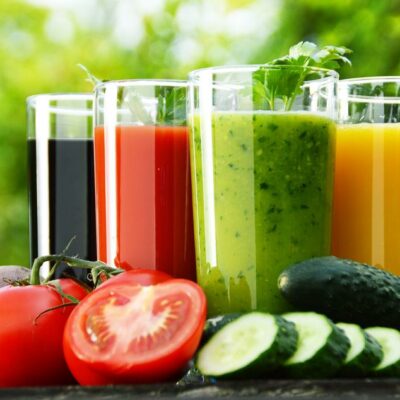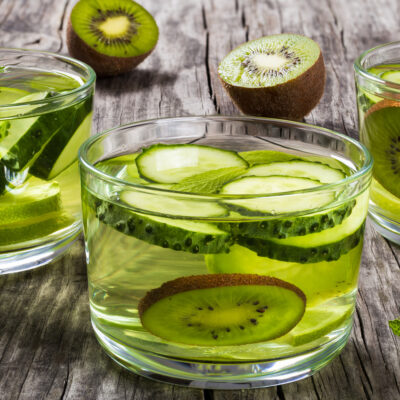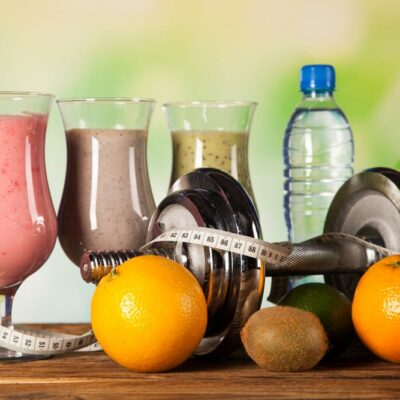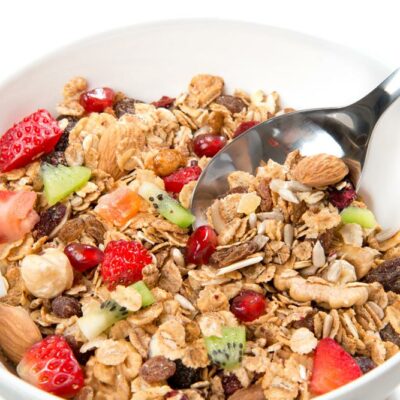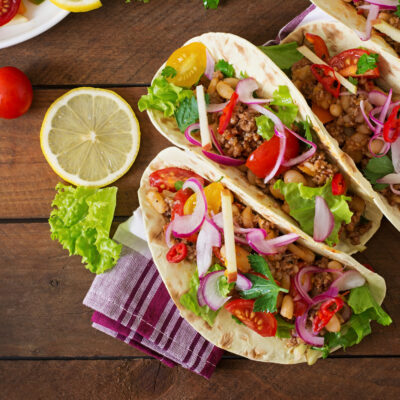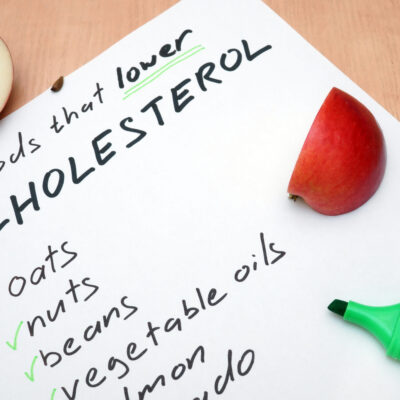
Food
IBS Dietary Tips for Traveling
IBS, or irritable bowel disorder, is a condition that causes symptoms like diarrhea or constipation, stomach cramps, or bloating. There is no definitive cause for the condition and it is usually a combination of factors that lead to it. When you are traveling and suffer from a condition like IBS, one of the main concerns is food because so much can go wrong. Most people believe the only solution to this is not traveling at all or traveling only when absolutely necessary. The truth is, it is entirely possible to enjoy a trip even if you are suffering from IBS if you follow some simple dietary tips. 1. Stay hydrated The first and foremost tip to keep in mind is to be hydrated at all times. Be smart and take a bottle of water with you when you are traveling. Avoid having caffeine, alcohol, and carbonated beverages to keep IBS symptoms at bay. Always buy water from established shops rather than vendors who have small stands. You don’t want to take the risk of getting infected when you are traveling, which is why sticking to bottled water is key. 2. Choose foods according to symptoms Do you suffer from constipation or diarrhea?
Read More 
